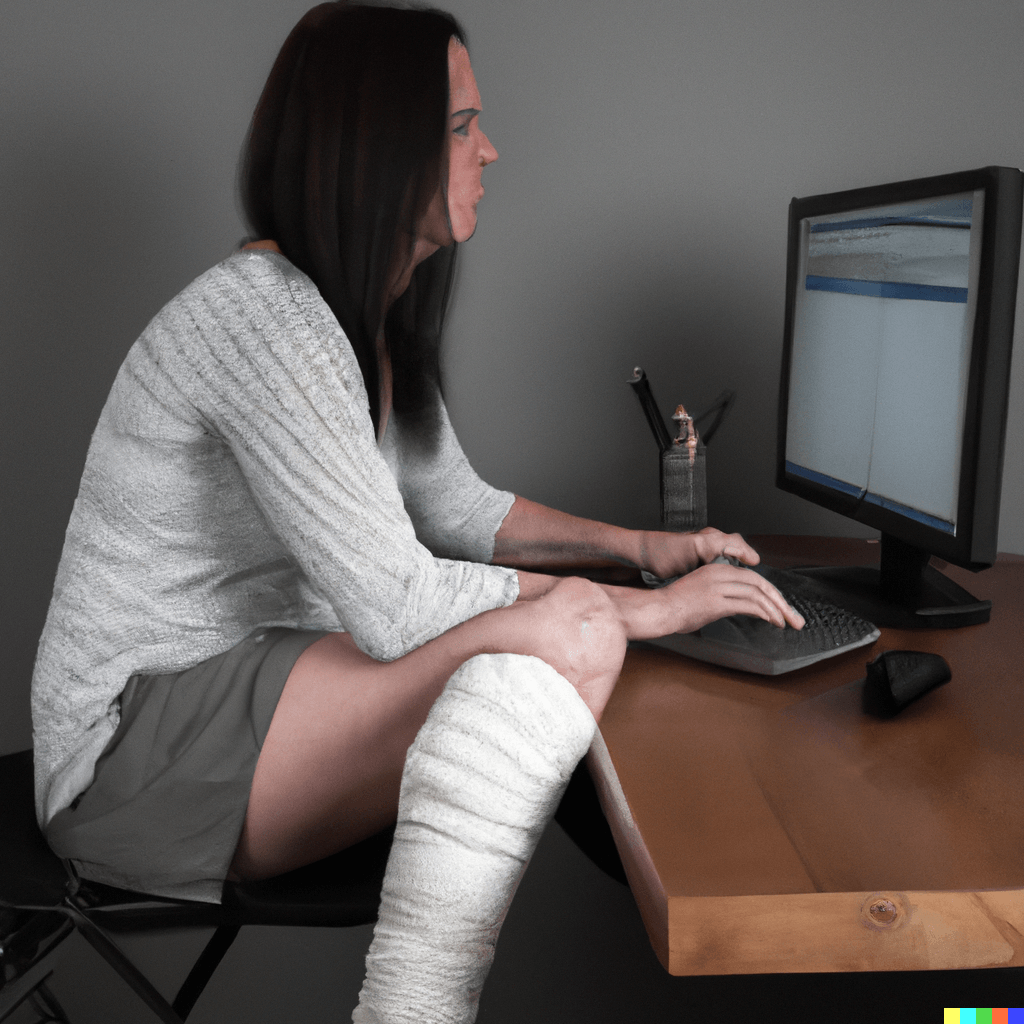Personal Injury and Remote Work: Understanding Your Rights
Introduction
The shift to remote work, accelerated by the COVID-19 pandemic, has reshaped the landscape of personal injury law. If you’re injured while working from home, does it qualify as a workplace injury? The answer is complex and can depend on various factors. At SELPH LAW, we guide you through the complexities and help you understand your rights in such scenarios. In this blog post, we explore the intersection of personal injury law and remote work.
Remote Work and Personal Injury Law
Work-related injuries don’t only happen in traditional office environments; they can also occur at home. However, not every injury that occurs while working from home will qualify as a workplace injury. To be eligible for workers’ compensation benefits, you must demonstrate that your injury:
- Occurred While You Were Working: Generally, the injury must have happened while you were engaged in a work-related task. If you were on a break or attending to a personal matter, the injury might not be covered.
- Arose Out of Your Employment: This means that the injury must be directly related to your job duties or work environment.
Challenges in Remote Work Personal Injury Cases
Establishing the above conditions can be more challenging in a remote work context:
- Lack of Witnesses: In a home office, there are typically no colleagues or surveillance cameras to confirm the circumstances of an injury, which can make it harder to substantiate your claim.
- Determining What’s Work-Related: It can be difficult to distinguish between work-related tasks and personal activities when you’re working from home.
- Lack of Employer Control: Courts may consider whether your employer had any control over your home working environment, which can affect your claim’s validity.
How SELPH LAW Can Help
Successfully navigating a remote work personal injury claim can be complex, but you don’t have to do it alone. SELPH LAW is here to help:
- Case Evaluation: We’ll review the circumstances of your injury and provide an honest assessment of whether it qualifies as a work-related injury.
- Evidence Collection: We’ll guide you in collecting crucial evidence, such as medical reports, time logs, work emails, and any other relevant documentation.
- Claim Filing and Negotiation: We’ll assist you in filing your workers’ compensation claim and negotiate with insurance companies on your behalf to pursue the benefits you’re entitled to.
Conclusion
In the evolving world of remote work, understanding your rights when it comes to workplace injuries is crucial. At SELPH LAW, we’re committed to staying on the forefront of these changes, providing our clients with expert guidance and representation.
Disclaimer: This article is intended for informational purposes only and does not constitute legal advice. Always consult with a professional attorney for any legal decisions.
Sub Categories
Recent Articles
-
 Apr 21, 2024How to Sue a Fast Food Company: A Step-by-Step Guide
Apr 21, 2024How to Sue a Fast Food Company: A Step-by-Step Guide -
 Apr 12, 2024Sue-ing Nothing Part 5: Legal Expeditions into the Absurd
Apr 12, 2024Sue-ing Nothing Part 5: Legal Expeditions into the Absurd -
 Apr 12, 2024Sue-ing Nothing Part 4: Legal Wanderings into the Realm of the Unfathomable
Apr 12, 2024Sue-ing Nothing Part 4: Legal Wanderings into the Realm of the Unfathomable -
 Apr 12, 2024Sue-ing Nothing Part 3: Legal Quirks and Quests Beyond Imagination
Apr 12, 2024Sue-ing Nothing Part 3: Legal Quirks and Quests Beyond Imagination

